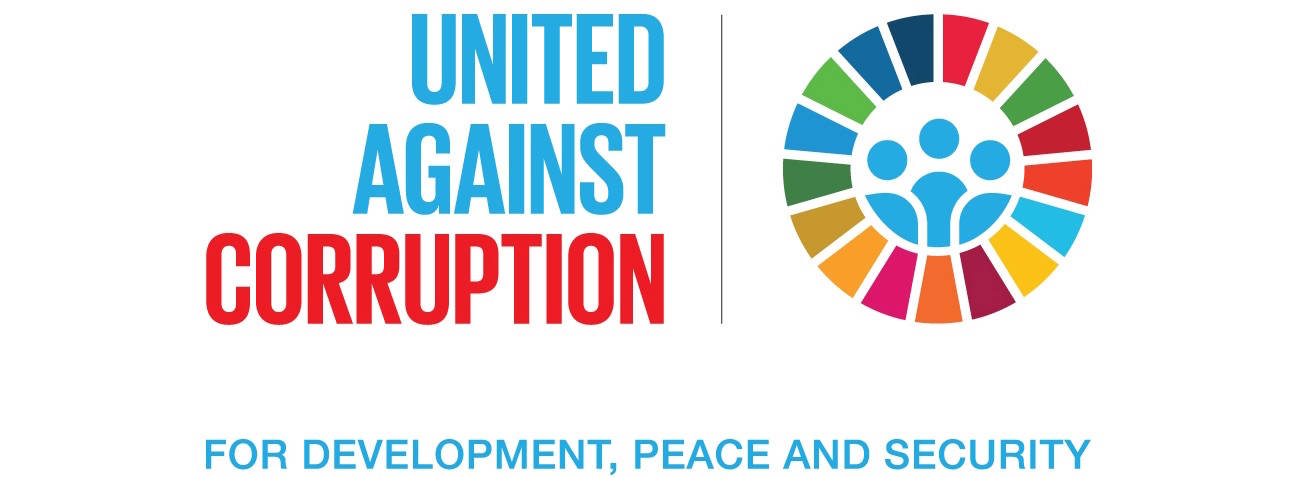International Anti-Corruption Day (IACD) on 9 December highlights action against corruption around the world. This blog looks at the 2016 IACD campaign and also reflects on what’s been happening in Victoria.
The IACD theme this year focuses on corruption in development. The UN Office on Drugs and Crime together with the UN Development Project have created a campaign to raise awareness of the $1 trillion dollars paid in bribes annually and the $2.6 trillion stolen annually through corruption – equivalent to more than 5% of world GDP.
The funds which the developing world loses because of corruption are 10 times what it receives in official development assistance. Corruption negatively impacts education, health, justice, and democracy. It tends to disproportionately harm poor people, and also contributes to political instability and poverty in developing countries.
But corruption is rife in rich countries also. Victoria has been rocked by a number of major corruption scandals in recent years. And as a consequence, some new measures are being implemented.
Mandatory reporting of corruption in Victoria from 1 December 2016
There has been a sharp increase in the accountability of heads of public sector agencies in Victoria with the introduction of compulsory reporting of suspected corruption from 1 December 2016.
Part of a package of measures designed to strengthen anti-corruption systems in Victoria, these new laws require heads of public sector bodies to inform IBAC if they have reasonable grounds to suspect corruption in their workplace. There is now less likelihood that corruption can be dealt with secretly or downplayed.
IBAC has issued directions, prepared resources and provided information sessions to VPS organisations to help them meet these new requirements.
Mandatory public disclosure of gifts and benefits
In October 2016, the Victorian Public Sector Commission introduced a new gifts, benefits and hospitality (GB&H) framework which CourtHeath covered in detail in anearlier blog. All GB&H of more than token value need to be disclosed publicly whether accepted or not. Agency heads must inform employees and suppliers about the new disclosure requirements. GB&H can only be accepted with the permission of a manager and only if there is a business benefit to the agency.
“Gifts, benefits and hospitality policies assist us to differentiate modest tokens of appreciation, or hospitality that is a basic courtesy, from inducements, conflicts of interest or non-token offers without a legitimate business benefit,” said Belinda Clark QSO, the Victorian Public Sector Commissioner.
Employees must refuse bribes/inducements and report bribery attempts to the agency head who should report any criminal or corrupt conduct to IBAC or police.
IBAC survey found suppliers believe there is corruption in Victorian government procurement
In its Perceptions of Corruption Survey of more than 1,400 suppliers to the Victorian public sector, IBAC was told by more than 40% of respondents they believed corruption to be a major or moderate problem. Thirty four per cent said they had been deterred from bidding by concerns about corruption. Half believed it was typical for gifts to be offered to public officials and 7% said that they had been asked for gifts, benefits or cash by public officials!
2016 IACD Call to Action
The 2016 IACD campaign urges us all to:
· report incidents of corruption
· refuse to participate in any activities that are not legal and transparent
· understand what the International Convention against Corruption requires of the government and its officials
· have zero-tolerance of corruption
· enact and promote policies covering gifts, supply chain, whistleblowers and other key corruption issues, and educate all employees about them
· strictly enforce anti-corruption measures and use independent auditors to ensure compliance
· introduce anti-corruption strategies into the social dialogue
· adhere to rules on fair competition
· educate the public about the government’s responsibility to be corruption-free
· raise awareness with the public, media, and government about the costs of corruption for key services such as education.
IBAC is leading the fight against corruption in Victoria: conducting investigations, working to prevent corruption and raising awareness of its costs. Like the UN, IBAC emphasises the broader societal harms done by corruption, affecting individuals, organisations, taxpayers, trust in the public sector, and drawing money and resources away from important community projects.
* * *
A participant in the UN Global Compact, CourtHeath seeks to raise awareness about the sustainable development goals and the principles of the Global Compact with business and government organisations in Victoria. Anti-corruption is one of the ten principles of the Global Compact.
 CourtHeath Consulting
CourtHeath Consulting CourtHeath Consulting
CourtHeath Consulting